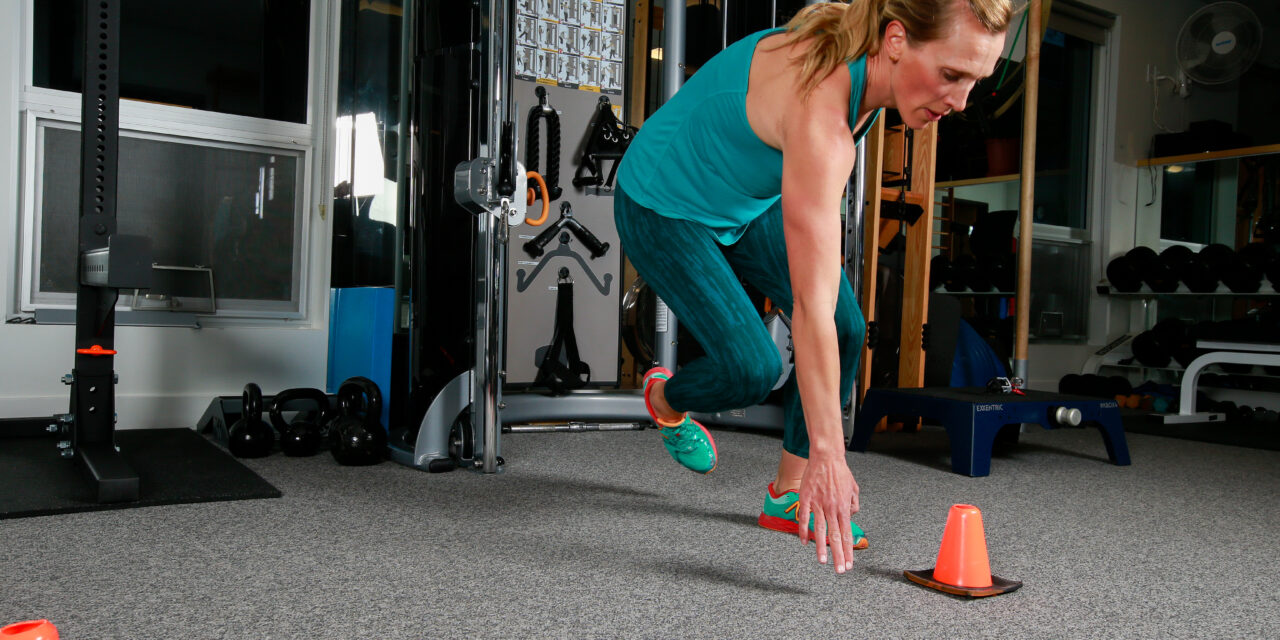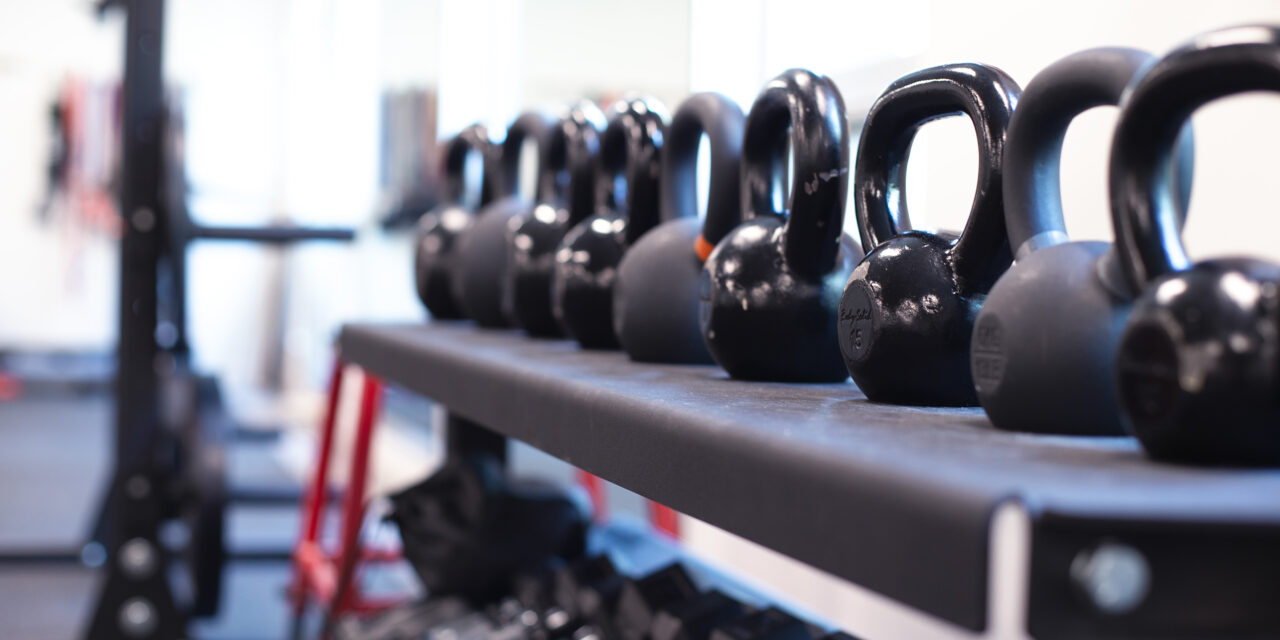As pelvic health physical therapists, we often work with athletes who are navigating the unique challenges of balancing their athletic pursuits with the demands of postpartum recovery. One topic that comes up frequently, yet isn’t often discussed enough, is the hormonal changes that occur during breastfeeding and how these can impact athletic performance. Let’s break...
Congratulations on the birth of your little one! While welcoming your baby into the world is an exciting and joyful time, your body is also navigating some significant changes after a cesarean section (C-section). One area that may require extra attention is your cesarean scar. Here is some insight into how this healing process works...
By Kristin Carpenter, PT, DPT, OCS, FAAOMPT The hormonal decline resulting from the menopausal transition (ie: perimenopause) is characterized by detrimental impacts on health including: increased cardiometabolic risk factors (insulin resistance, Type II diabetes, increased central adiposity, weight gain), reduced mental and physical health (depression, loss of lean muscle mass, reduced bone density and increased...
How Can I Lose Weight During Menopause?
November 22, 2024
One of the most challenging populations for any exercise professional is women entering the perimenopausal or menopausal phases of life wishing to lose weight. Weight changes during this period for women are common due primarily to changes in key hormones, estrogen and progesterone, and metabolic changes/slow downs due to aging. Combined these changes can lead...
Bringing a new life into the world is an incredible journey that transforms us in profound ways. However, the postpartum period often brings its own set of challenges, especially for those eager to return to an active lifestyle or sports. Fortunately, more research is being done and evidence is emerging. The article “Maximizing Recovery in...
What is GSM? Genitourinary syndrome of menopause is a relatively new term that describes various signs and symptoms associated with menopause. These include genital symptoms (vaginal dryness, burning, and irritation), sexual symptoms (dryness, pain, discomfort, and impaired function), and urinary symptoms (urgency, dysuria, and recurrent UTIs). During menopause, the production of estrogen and progesterone decreases....
3 Ways You Should Change Your Exercise Routine During Your Perimenopausal and Menopausal Years
April 23, 2023
Women can experience a lot of undesirable symptoms during perimenopause, including reduced energy levels, dramatic mood changes, and incredibly uncomfortable hot flashes. Many also notice changes in their body composition, including the loss of lean muscle mass and increased abdominal fat. Put another way, perimenopause is stressful for everyone; however, it can be especially frustrating...
At Mend, we work with highly active women in Boulder County during pregnancy in our Boulder and Lafayette sports medicine and pelvic health physical therapy practice. This includes elite marathoners, CrossFit enthusiasts, triathletes, group fitness junkies and more. As pelvic health specialists we often hear concerns from these active women about “being too tight” in...
Strength or resistance training targeting the major muscle groups of the body is recommended by the American College of Sports Medicine for all adults a minimum of 2 days per week. Loss of muscle and bone mass over time can have significant functional and health consequences in the transition to older adulthood. Because of the...
Women who participate in high-impact activities may be at higher risk for pelvic floor dysfunction (PFD) such as urinary incontinence than women who participate in low-impact activities. Following childbirth, 30% of mothers report urinary incontinence and 10% report anal incontinence. Women are all too often advised to avoid activities such as high intensity interval training...







